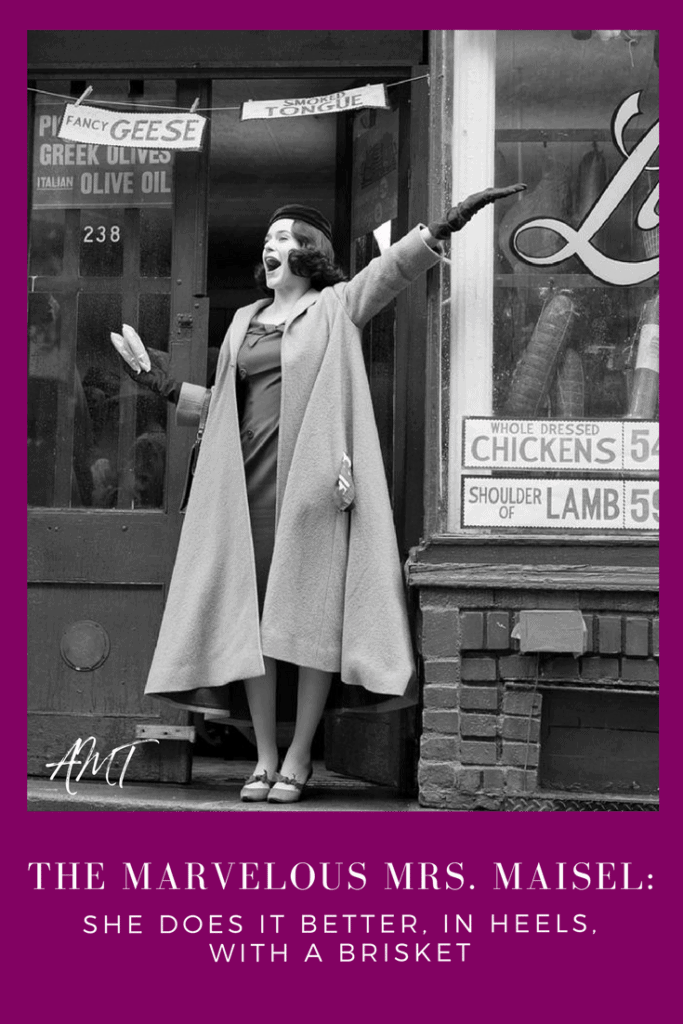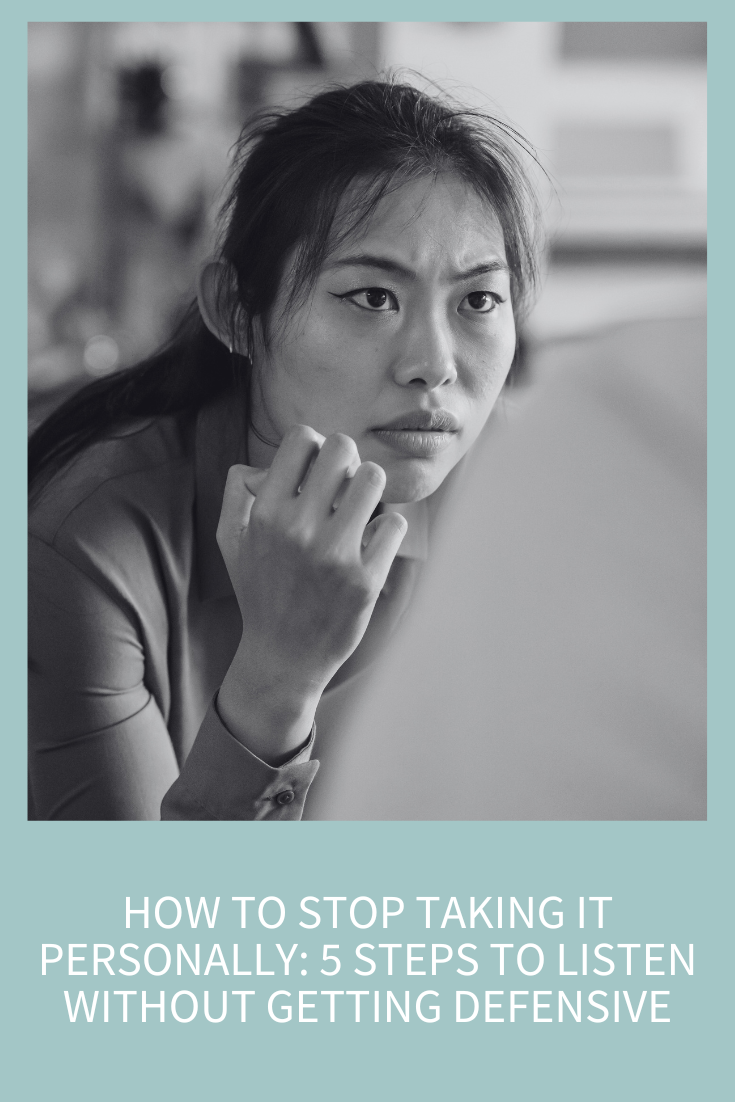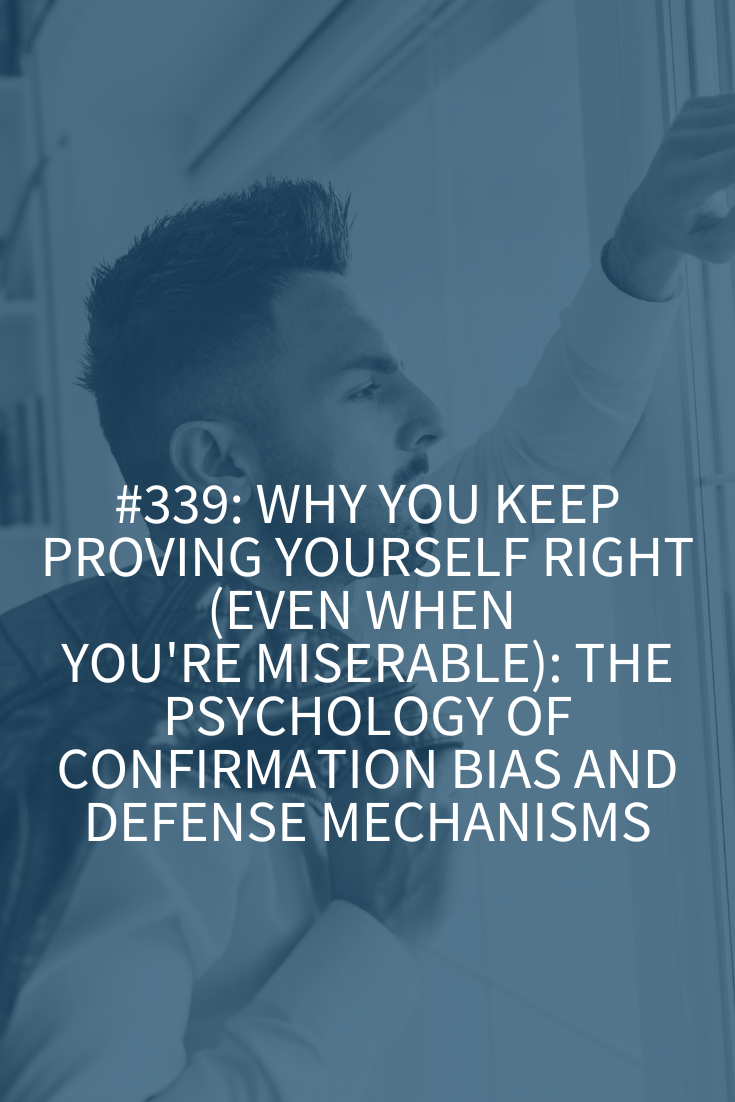
When I tell my story at 12-step meetings I almost always start it the same: I was a perfect girl born into a perfect family. As the youngest, my job was to hide my true thoughts and feelings and keep everyone laughing through all the crazy we were hiding from the outside world.
I’m not going to spend a lot of time talking about the ins and outs of my ensuing addiction (yes, I did that perfectly too), but it ended with much burning and an epic downfall. But here’s the rub: no one knew. Like so many women, I was always striving to be the “good girl” to make others proud of me. I kept my struggle for self-identity and self-worth a secret and, on the outside, I was seen as an “honor-roll-prom-queen.” On the inside, however, I was a struggling drug addict with a secret life. I felt eminently unlovable, so had only superficial relationships with friends, men and family. I was incredibly lonely but didn’t know it. I showed the world a happy face and did my best to believe it. Looking “perfect” on the outside was my only goal.
My life took a huge turn when I got clean and realized that I was not, in fact, perfect, happy or confident. It was when I started to share my vulnerability, my imperfections (and there are many) and my pain that I started to make true friends, have more meaningful relationships, and find my life’s purpose (it turns out, it wasn’t law school, even though that’s all I talked about for the first 18 years of my life).
And that brings me to an amazing show I hope you’re watching called The Marvelous Mrs. Maisel (I know that was a jump, but give me a minute and you’ll see the connection). If you don’t know, this show (set in the 1950s), is about “Midge” Maisel: a nice, educated Jewish girl from NYC. Our similarities were striking to me (other than the decade and her considerably more upscale family life).
Midge is a tsunami of efficiency and putting herself second (something I did for years). She’s married to Joel, who wants to do stand-up comedy and she supports him 100% (including bribing the stage manager at the comedy club with her homemade brisket). However, when Joel fails, he blames her (sound familiar, ladies?) and leaves her for his ditsy secretary.
In a drunken tirade (long story – you’ll need to watch to get all the details), Midge does stand-up herself and, it turns out, is hilarious! The reason she’s so funny, though, is important and the point of this writing. She’s funny and connects to her audience because she’s vulnerable, unashamed, and painfully honest about her life. It’s in these moments that she gets in touch with her anger and her mirage of perfection. She shares this cringe-worthy self-disclosure with her audience to amazing effect. The laughs are because of her vulnerability and raw, open presentation. And this, my friends, is truly feminism.
Midge, it turns out, is a model for us all. In these days of “#MeToo,” “Time’s Up” and carrying white roses, our 1950’s Mrs. Maisel couldn’t be more timely and relevant. As I teach my tween daughter what it means to be female, I find myself focusing on things like body image, her friends, the current laws/administration, and her safety (it sickens me that I have to teach her how to avoid rape, but to ignore it would be at her peril).
But, what if I’m focusing on the wrong priorities? I don’t think feminism is just about equal rights, regardless of gender. In fact, in these days of gender fluidity, and understanding that there can be more than two genders, it seems timely that we add to our collective vocabulary. For me, feminism is about allowing women to be who we are, and not something that society (yes, a patriarchal one) has decided we “should” be. As we know, the labels for women are crazy-making. If we like sex, we’re sluts. If we rebuff sexual advances, we’re ice queens. If we get angry, we’re bitches, and the list goes on and on. What if we were just people with different moods, feelings, thoughts and preferences? What if I taught my daughter that, not only is she allowed to be all these things, she could strive to be all these things?
As I sat watching The Marvelous Mrs. Maisel, I had an epiphany. I was focusing on the wrong things with my girl. To truly teach my daughter about feminism, I need to teach her about being vulnerable. I need to teach her about being open and showing people her insides – the ugly as well as the beautiful. I need to show her that asking for help is brave and a good thing, not a sign of weakness, as I was taught. I need to model (gasp!) being open and showing my own imperfections so she knows it’s OK to be open and show hers too.
I thought for most of my life that being vulnerable meant being exposed, which would open me to hurt, rejection and humiliation. So, I avoided it at all costs and my guess is that you’re doing (or have done) the same. Eleanor Roosevelt taught us many years ago that no one can make us feel inferior without our consent, but too often we women forget this lesson and put our self-esteem in other people’s hands. It’s time to give up the idea that anyone else can truly hurt us. It’s time to take responsibility and be brave in our approach to our lives and relationships. This means, it’s time to be relentlessly vulnerable.
“The secret no one tells you about being vulnerable is that it’s not about being exposed: it’s about being accessible.”
It literally means that when we’re open and show our true selves, others can access and connect with us. They can really get to know us. It means we can have true intimacy – true emotional closeness in all our relationships, including the most important relationship of all: the one we have with ourselves.
“We can have true intimacy- true emotional closeness in all our relationships.”
When we let what’s inside show on the outside, others are drawn to us. We create a sense of meaning and connection in our world. In other words, showing our imperfections is badass. I’d like to start a new trend: #BeLikeMidge. I’m starting right now, and I’m teaching my daughter to do the same. I’d love for you to join us because I want my daughter to grow up in a world with brave, open, vulnerable women. I want to live in a world with other women who show who they truly are: the connectors, the leaders and the imperfect.






